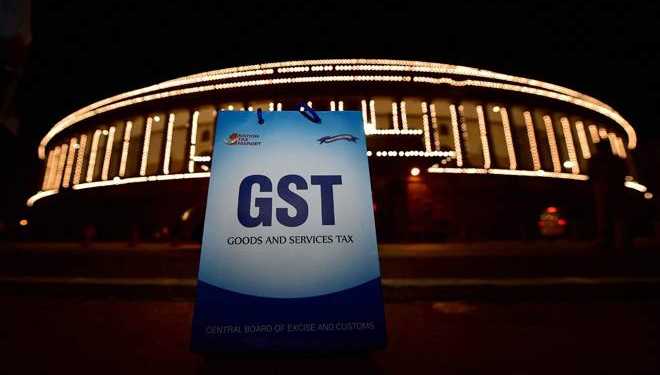Did you see a viral photo on Social Media in which it was clearly visible that McDonald’s had increased the price of its Reg Latte from Rs. 120.34/- to Rs. 135.24/- to account for reduction of GST from 18% to 5% thereby denying the benefit to the end customers. Well, technically, that is called as ‘profiteering’, to set an excessive or unfair profit, especially illegally. GST was implemented on 1st July 2017, since then GST rates were reduced on as many as 300 items. However, the benefits of how many of them have actually passed down to the customers or common people?
If not! How is the government planning to control the malpractice? Let us try to answer these questions.
On 16th Nov 2017, cabinet approved the much needed National Anti-Profiteering Authority (NAA) to tackle the aforesaid problems. The job of the authority is to ensure the passage of benefits of rate cuts to the customers. Now consumers have an authority to report any profiteering activities noticed by them. Any individual can now apply for relief to the state-level screening committee. For cases like McDonald’s which have all India ramifications, an application can be made to the standing committee. If the benefits have not been passed to the customers, companies or business units have to refund the excess amount charged with interest to the customers. In some cases, they may face cancellation of GST registration.
As I have already said, NAA’s duty is simple, they have to control people/entities from extracting illegal benefits out of changes in GST rates.
Timing is good, and intention is great, but, how are they going to implement it? Well, that’s a big question to answer. We are yet to know of the guidelines for the authority. One thing we know for sure is, one of the duties of NAA is to act like an appellate. They will redress complaints raised by consumers against businesses. Note released by GoI speaks only about an ‘anti-profiteering’ mechanisms, further details are still awaited.
As you might be aware of the fact already that India is not the only country to have implemented GST. There are more than 100 countries in the world who have some or other form of GST implemented. Many countries that have adopted GST such as Singapore, Australia noticed sudden surge in retail inflation. For example, in Australia retail inflation increased to 5.8% from 1.9% in one year after implementation of GST. The reason for the spurge was found out to be profiteering activities and not passing the benefits to customers by improving the bottom line (net profit). In fact, retail inflation in India is on rise as well, as per the latest reports, but, it is too early to decide whether that rise is due to GST cuts or not. On the other hand, not all countries have seen surge in inflation after implementation of GST, for instance, Malaysia was able to control retail inflation up to a large extent with the successful implementation of an anti-profiteering agency.
India is trying to implement NAA on the lines of Malaysia. Successful implementation of NAA is the collective responsibility of the state as well as the citizens. There is no way NAA can know how much a shopkeeper in the corner of a street is charging for a particular item. It is your/our responsibility to let them know.
Once we lodge a complaint to the authority, NAA will have three months of time to take action against the profiteering business, if proven guilty. For an authority like NAA to be successful, participation of people is vital.
Profit Making is a good thing but profiteering at the common man’s expense is a vice. This new government move is a Killer and We all must participate in this together to make it successful.
























